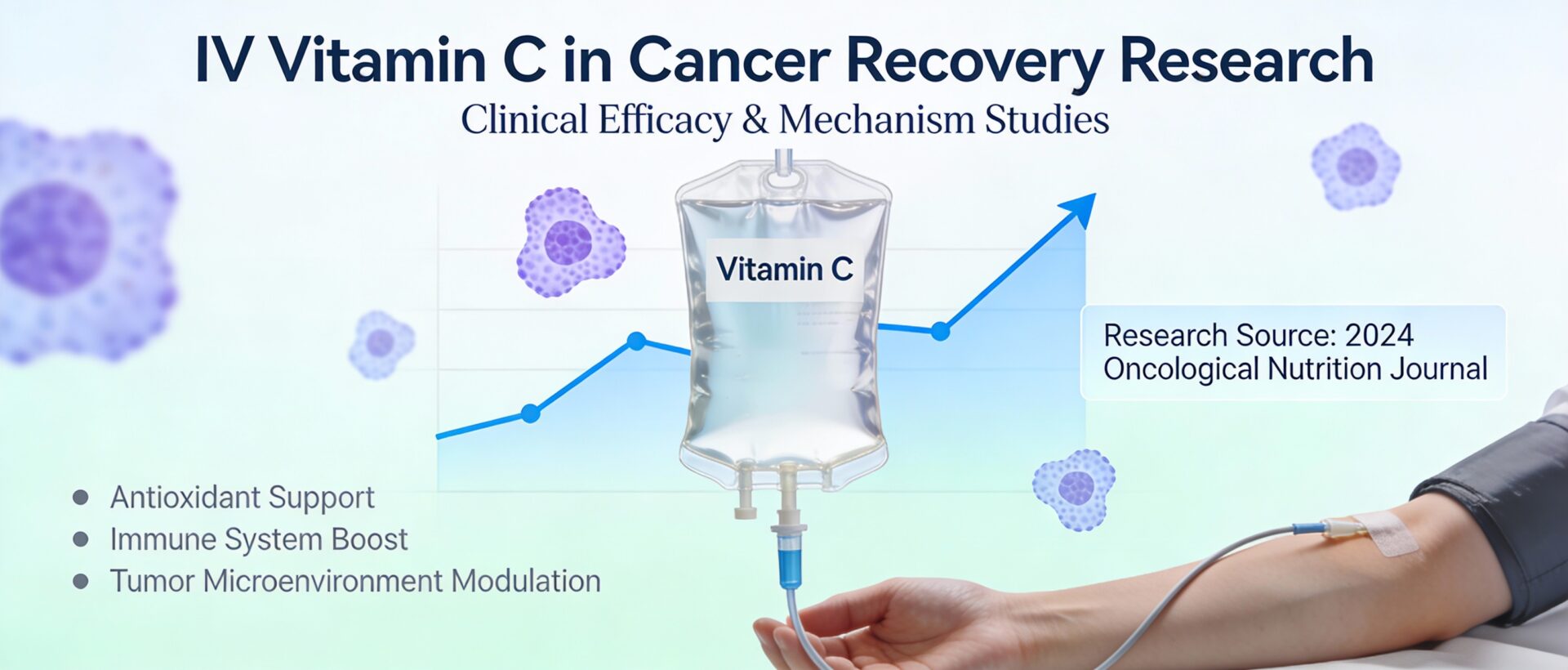By Anthony Yetto
Why Keto Took the Health Industry by Storm
The Ketogenic (keto) Diet has become one of the most popular diets in recent years. The keto diet consists of a low-carbohydrate eating plan focused on proteins and high fat. Without carbs for energy, the body turns to a new source — ketones.
Once ketones begin circulating, the body enters a state called ketosis, where fat is burned for energy. This process enables rapid weight loss, which is one of keto’s main advantages.
A Brief History of the Keto Diet
Surprisingly, the keto diet has been around for nearly a century. It was first introduced in 1920 to help young epilepsy patients, showing promising results.
The diet faded from use when medications were developed, but resurfaced in the 1990s when a young epilepsy patient didn’t respond to conventional treatments. The keto diet helped him improve quickly, sparking renewed interest in its medical applications.

Medical Benefits Beyond Epilepsy
Research has shown that the keto diet can reduce seizure frequency by more than 50% in half of patients, and by more than 90% in a third of patients. Studies suggest it may also help with:
- Tuberous sclerosis
- Dravet syndrome
- Certain genetic disorders
In recent years, keto has gained attention for weight loss and other potential health benefits, including:
- Improved energy levels
- Reduced hunger
- Positive effects on cholesterol, blood glucose, and triglycerides
The Challenges and Downsides of Keto
Strict Dietary Rules
The keto diet allows no “cheat days.” Increasing carbohydrate intake immediately ends ketosis, forcing the body to switch back to glucose for energy. Re-entering ketosis can be difficult.
The “Keto Flu”
In the first week, some people experience symptoms such as body aches, headaches, constipation, nausea, and cramps — a condition known as keto flu.

Quality of Fats Matters
Not all fats are equal. A healthy keto plan should focus on:
- Meats, eggs, and cheeses
- Fatty fish
- Nuts, seeds, and healthy oils
- Fibrous vegetables
These provide healthy fats linked to HDL cholesterol, which helps reduce heart disease risk.
Who Should Avoid Keto?
Keto is not suitable for everyone. It can be risky for individuals with:
- Diabetes
- Hypoglycemia
- Heart disease
Risks include ketoacidosis, bone fractures, stunted growth in children, and kidney stones in rare cases. Weight regain after stopping the diet is also common.
Final Thoughts: Is Keto Right for You?
The keto diet has both positive and negative effects. While it may work for some, others may achieve similar results through a balanced diet, exercise, and proper hydration.
Always consult a doctor or dietitian before starting a restrictive diet, and remember — long-term effects of keto are still not fully understood.
If you’d like, I can now also create a consistent visual heading style for all three blogs you’ve shared so they have the same structure and formatting for publication. That way, they’ll look like part of the same professional content series. Would you like me to do that?
References
- Dansinger, Michael. “Ketosis and the Keto Diet: What Is Ketosis and Is the Ketosis Diet Safe?” WebMD, WebMD, 2 June 2019, www.webmd.com/diabetes/type-1-diabetes-guide/what-is-ketosis#2.
- Freeman, John M., et al. “The Ketogenic Diet: One Decade Later.” American Academy of Pediatrics, American Academy of Pediatrics, 1 Mar. 2007, pediatrics.aappublications.org/content/119/3/535?sso=1&sso_redirect_count=1&nfstatus=401&nftoken=00000000-0000-0000-0000.
























